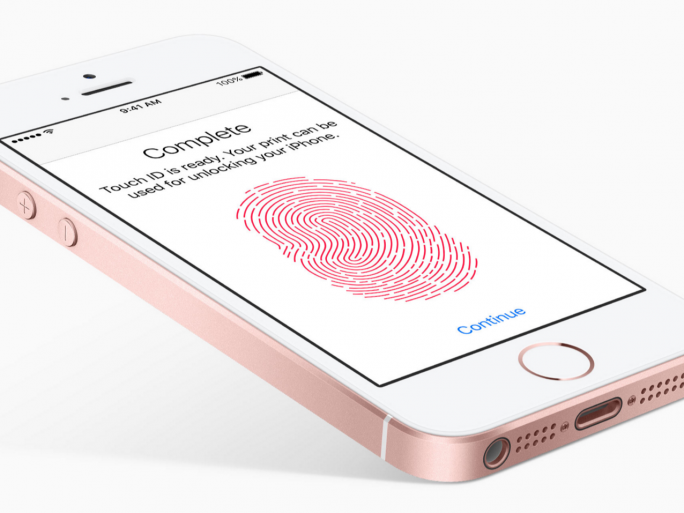US Woman Is Forced To Unlock iPhone With Fingerprint

The Los Angeles case highlights the relative lack of legal protection for mobile devices secured with biometric systems
A Southern Californian woman was recently forced to unlock an iPhone using her fingerprint, in a case that sheds light on the ongoing legal debate around data held on mobile devices such as smartphones and tablets.
Those issues recently made headlines when Apple refused to comply with a court order obliging it to help the FBI unlock an iPhone that belonged to deceased San Bernardino gunman Syed Farook.
In that case, the FBI finally withdrew its request after purchasing a third-party tool that allowed it to unlock the handset.
Fingerprint lock
 In the Los Angeles case, authorities obtained a search warrant that compelled the girlfriend of an alleged Armenian gang member to use her fingerprint to unlock an iPhone seized from a Glendale home, according to The Los Angeles Times.
In the Los Angeles case, authorities obtained a search warrant that compelled the girlfriend of an alleged Armenian gang member to use her fingerprint to unlock an iPhone seized from a Glendale home, according to The Los Angeles Times.
The court’s action is in line with historical precedent that considers fingerprints as physical evidence that suspects can be obliged to provide, along the lines of blood, hair or other physical samples.
But this stance is increasingly controversial, since when fingerprints are used to unlock mobile devices they may effectively become a form of testimony. The US constitution’s Fifth Amendment holds that suspects cannot be obliged to provide incriminating testimony against themselves.
For this reason suspects can’t be forced to supply PIN codes for unlocking devices, since such codes, being held in a person’s mind, are considered a form of testimony.
The increased use of fingerprint scanners for unlocking devices means the lines between the two forms of evidence is becoming blurred, with investigators making use of the ambiguity to obtain evidence that would formerly have been protected, legal experts said.
Self-incrimination
 “It isn’t about fingerprints and the biometric readers,” Susan Brenner, a law professor at the University of Dayton, told the Times, but rather “the contents of that phone, much of which will be about her, and a lot of that could be incriminating.”
“It isn’t about fingerprints and the biometric readers,” Susan Brenner, a law professor at the University of Dayton, told the Times, but rather “the contents of that phone, much of which will be about her, and a lot of that could be incriminating.”
Other legal experts confirmed that in the US, PIN-locked devices are protected under the Fifth Amendment while fingerprint-locked devices are not.
In the case in question, Paytsar Bkhchadzhyan, 29, was sentenced on 25 February for a charge of identity theft, according to the newspaper.
Court records reportedly show that shortly after the defendant was taken into custody, a magistrate judge signed a court order authorising a warrant for her fingerprint to be used to unlock the iPhone. An FBI agent specialising in computer crime took the print and unlocked the phone later that day, court documents say.
The search of the Glendale residence where the iPhone was found was part of an ongoing probe, according to US federal investigators, who declined to give further details.
The house is linked to Sevak Mesrobian, reportedly Bkhchadzhyan’s boyfriend and a member of a gang called Armenian Power, who has been imprisoned since 12 February. Investigators denied the search of the iPhone was linked to Mesrobian.
Apple’s Touch ID fingerprint lock system can only be used by investigators during a limited window of time. If a device has been locked for more than 48 hours, it can only be unlocked with a PIN code.
The US Department of Justice has sought court orders forcing Apple to help it unlock mobile devices in around a dozen as-yet-undisclosed cases, according to recent reports.
Are you a security pro? Try our quiz!